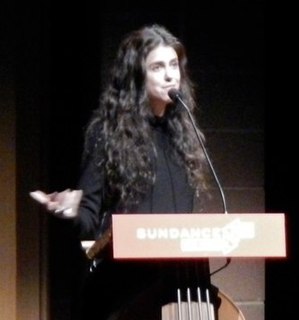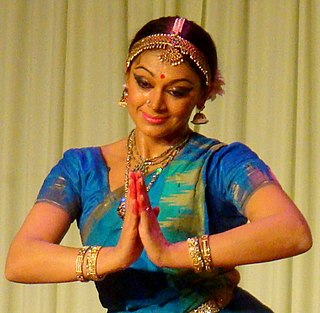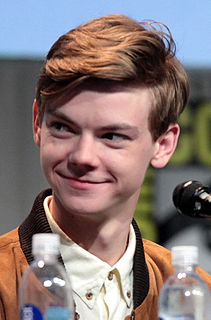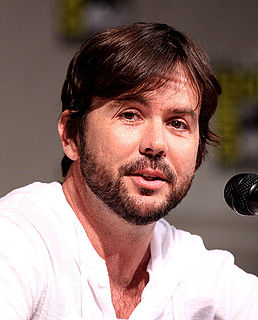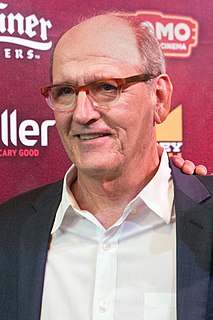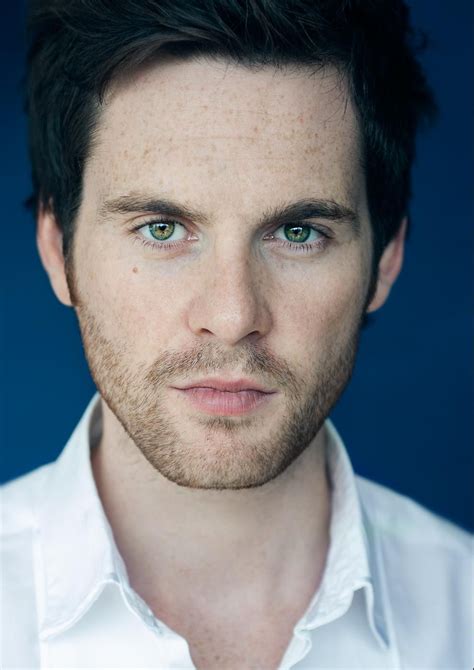A Quote by Francesca Gregorini
The test for me, when I read other people's scripts, is whether I feel like there's something about me that is the best person to tell this story. I have a pretty high bar for myself. There's a lot of scripts that I read and think, "Oh, this is great, but I think there are 50 other directors who could bring this to the cinema."
Related Quotes
I've read a hundred fantastic scripts that didn't pan out as films, and I completely put that on the directors. I've also read some mediocre scripts that have ended up being amazing, and I credit that to the directors. They're the storytellers. If you don't have a good storyteller, you really have nothing.
I enjoy working with writers and their scripts. It's very exciting to me. Eventually I would like to produce, direct and act onstage, but it's not a heavy pressure. When I do it, I want to do it well. I'm just educating myself with writers and scripts, because I didn't read a lot of books when I was growing up.
I'm always trying to find that role that will allow me to stretch and play a lot of different sides, but it's hard. To be frank, as an actor, I read maybe a hundred scripts a year and I really strongly respond to probably two, but every other actor in town responds to those two scripts, as well. It's hard to land those roles that are really good because they're coveted. That's why I try to create for myself, and that's why I've been doing things outside of acting, like writing and producing. I try to not have to depend on other people so much.
A lot of actors choose parts by the scripts, but I don't trust reading the scripts that much. I try to get some friends together and read a script aloud. Sometimes I read scripts and record them and play them back to see if there's a movie. It's very evocative; it's like a first cut because you hear 'She walked to the door,' and you visualize all these things. 'She opens the door' . . . because you read the stage directions, too.
The other great thing about it, that seems to be the case in streaming, is that a lot more scripts are written before you start. Because they are planning on allowing it all up at one time, you have four or five scripts to read and an outline of where it's going to go. The writers aren't chasing their tails as much. You're able to see the beginning, middle and end of a storyline, and that is rare. Streaming allows that, in a way that network TV doesn't.
I think my interest in risk is pretty high, a lot higher than I think a lot of other people who are just looking for something to kind of define themselves, give them a set of fingerprints, and certainly is better for the pocketbook. For me it's always about trying new things and wanting to explore something else and something new of myself and of actors I really like.
